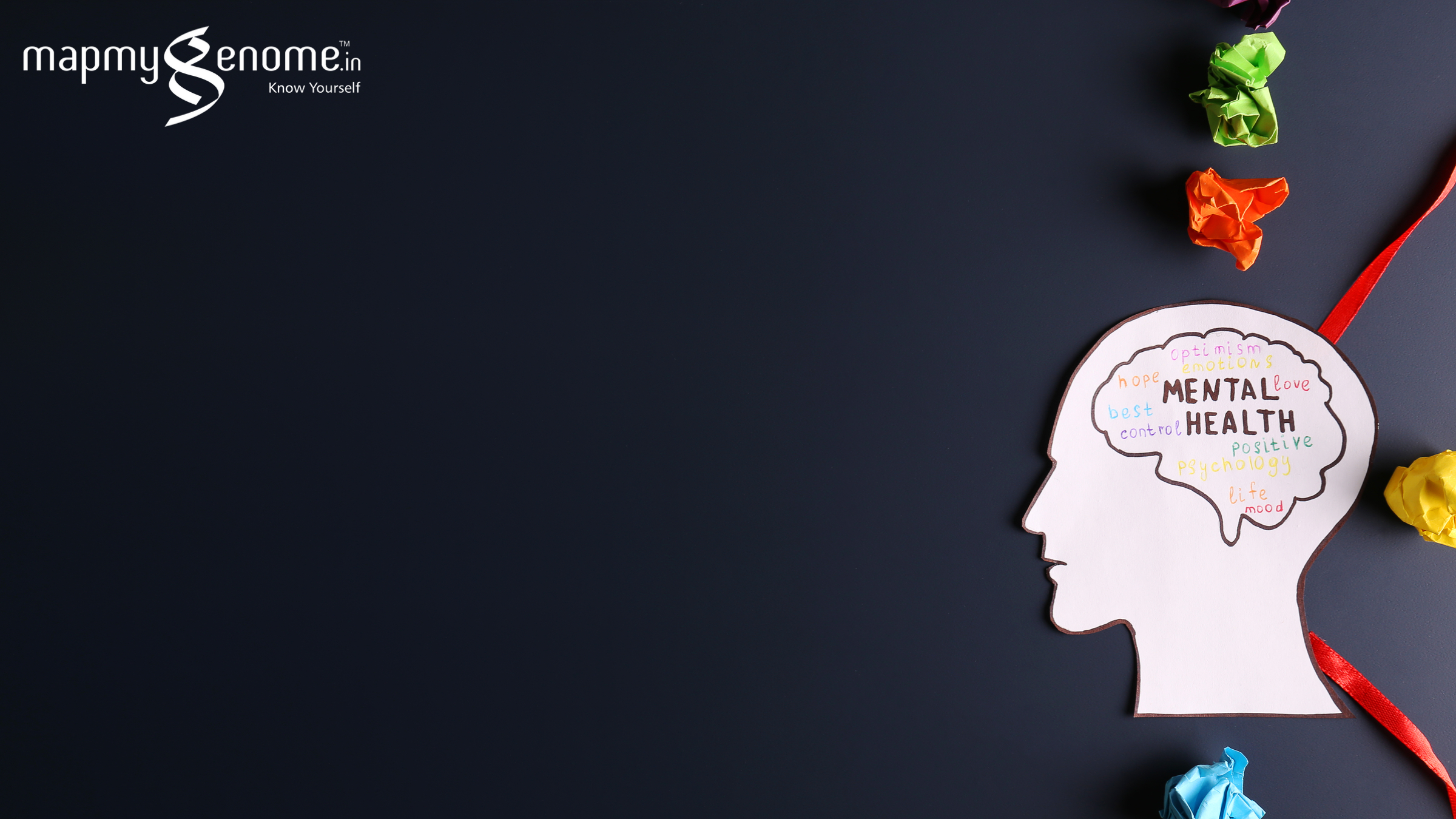
Miss Keerti (name changed) recently displayed the following symptoms:
- Urge to steal
- Emotional outbursts; disregard for right/wrong
- Uncontrollable ”episodes” of happiness and sorrow
- Possessiveness/extreme attachment for near and dear ones
When her family took her to a psychiatrist, she was diagnosed with Emotional Instability Disorder.
Her parents’ thoughts:
Would the situation be different had her upbringing been different? What went wrong?
Her older sister did not have any behavioral problems, even though both of them were brought up in the same environment.
Family history?
Keerti’s maternal and paternal uncles had displayed similar tendencies. This indicated that she might have a genetic load for behavioral problems.
Does nature or nurture affect our personality? Is there a way out?
When the famous psychologist Donald Hebb was asked this question, he responded with “which contributes more to the area of a rectangle, its length or breadth?”
”Nurture” (i.e., environment) can actually modify the gene expression and thereby physiology and the behavior of a person. In cases with family history, mutation screening is very useful to evaluate genetic predisposition or ”risk” for such disorders. This would help the parents modify the upbringing of the children so as to delay onset/mitigate risk. However, more studies are warranted to confirm this. For eg., addiction to alcohol and ADHD have been tied to variation in a few genes.
Studies suggest that risk to first degree individuals of ADHD have a risk of 1560% (2 to 6 hold higher than the risk to unrelated individual) whereas in bipolar disorder, risk to 1st degree relative ( parent,sibling, offsprings ) is 520%.
This emphasizes the role of a strong genetic component in behavioral disorders. But environment will also play a role in the same. Genetic testing is essential for medical professionals and behavioral experts to counsel affected families and help lower the burden of such disorders.
